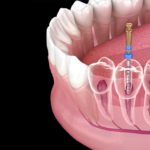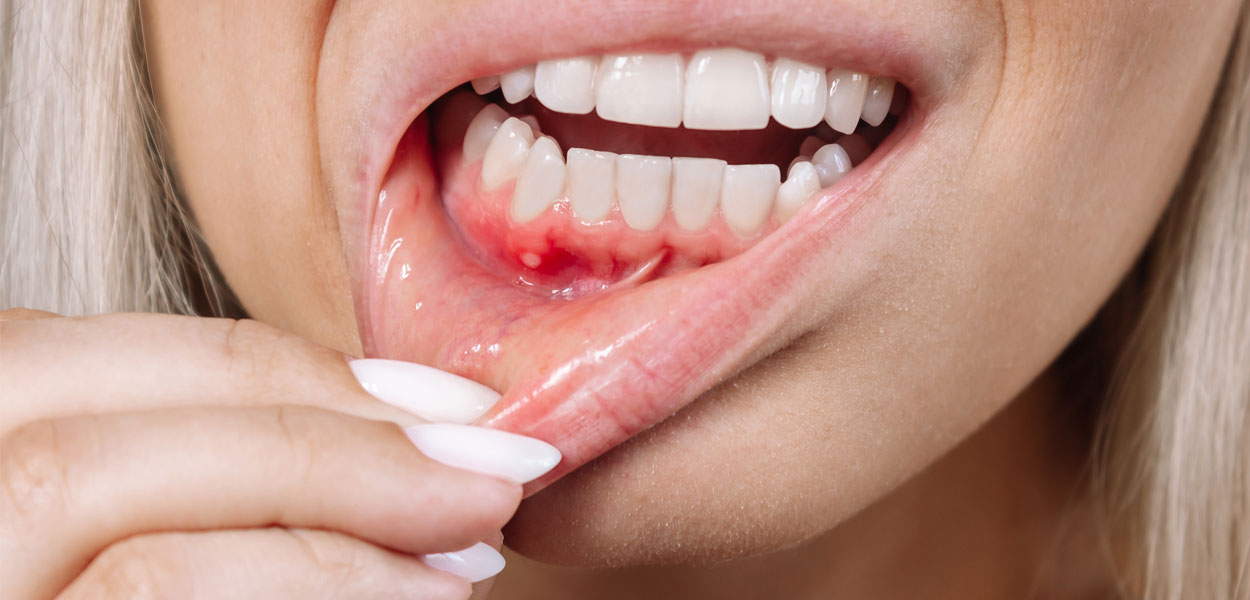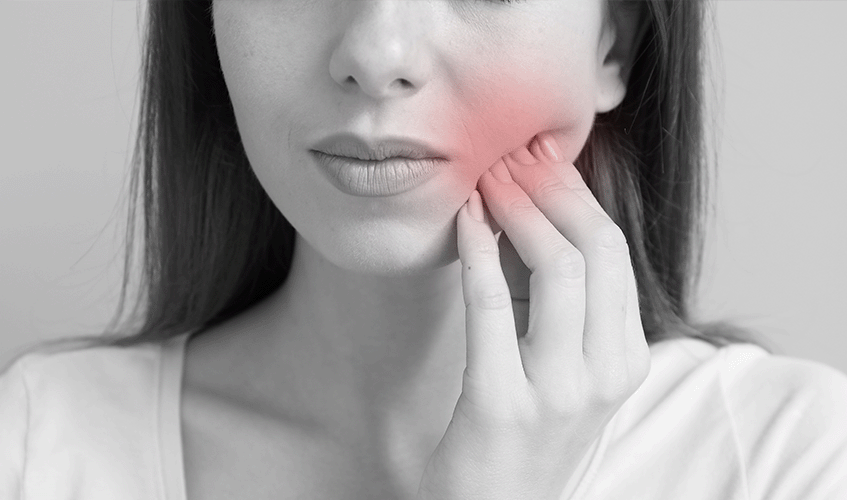
What Are the Most Common Dental Emergencies?
Fitchburg, MA – The best way to preserve your oral health is through preventive care. However, emergencies can happen to even the most well-prepared dental patient. What are the most common dental emergencies? How should you deal with them? Dr. Mark Berenshteyn and his team at SmileCare Dental of Fitchburg explain.
Most Common Dental Emergencies
Toothache
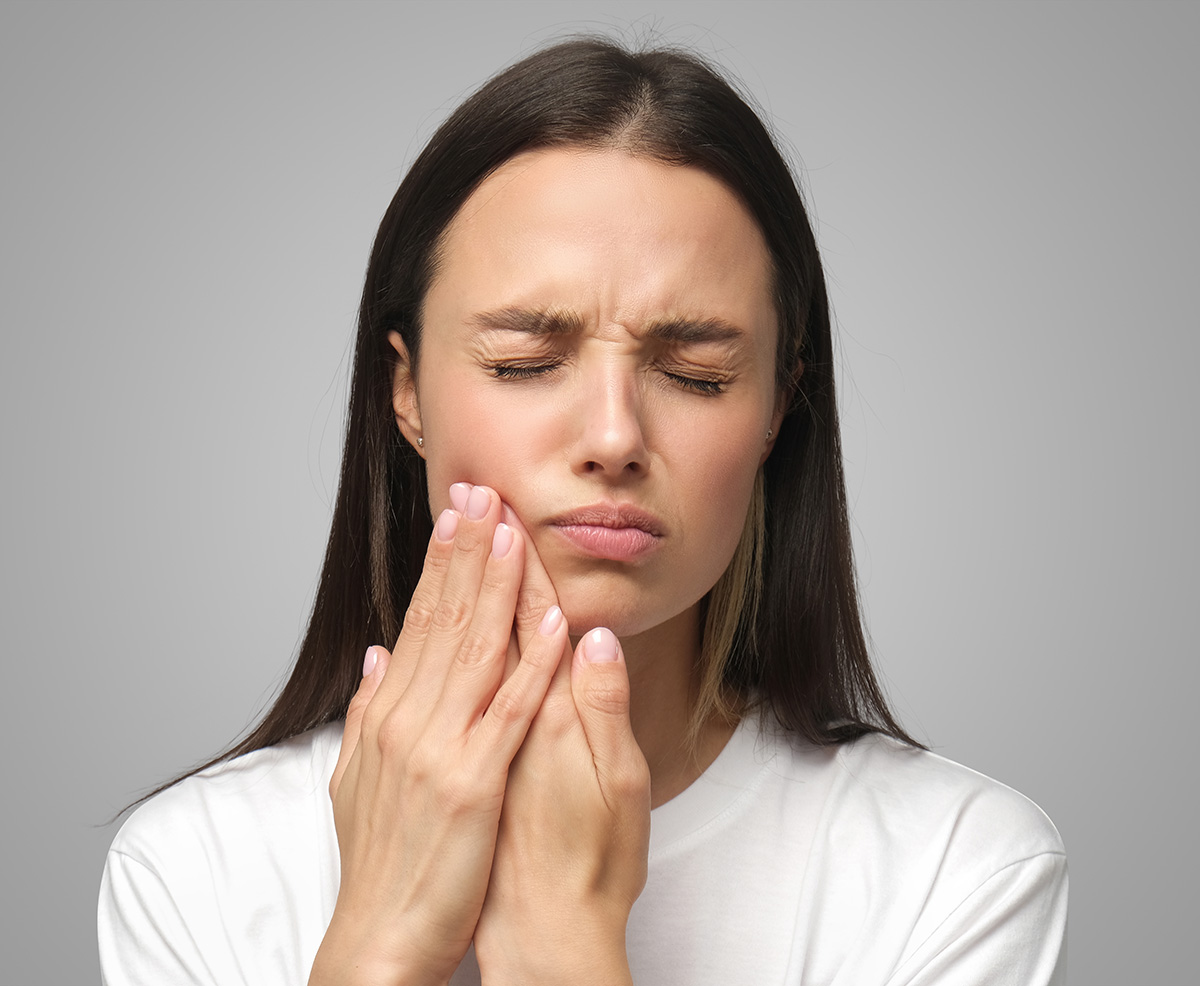
Teeth can be painful due to decay, infection, or trauma. Symptoms include sharp or throbbing pain, swelling, sensitivity to changes in temperature, and sometimes a bad taste in the mouth. If the pain is from gum inflammation, one way to help this is to rinse your mouth with warm saltwater. Food debris can also irritate so try to gently floss around the area to ensure it is clean. You can also take over-the-counter pain relievers to help minimize discomfort. However, don’t forget to call your dentist. It is important to determine the cause of the toothache and prevent the issue from worsening.
Chipped or broken teeth
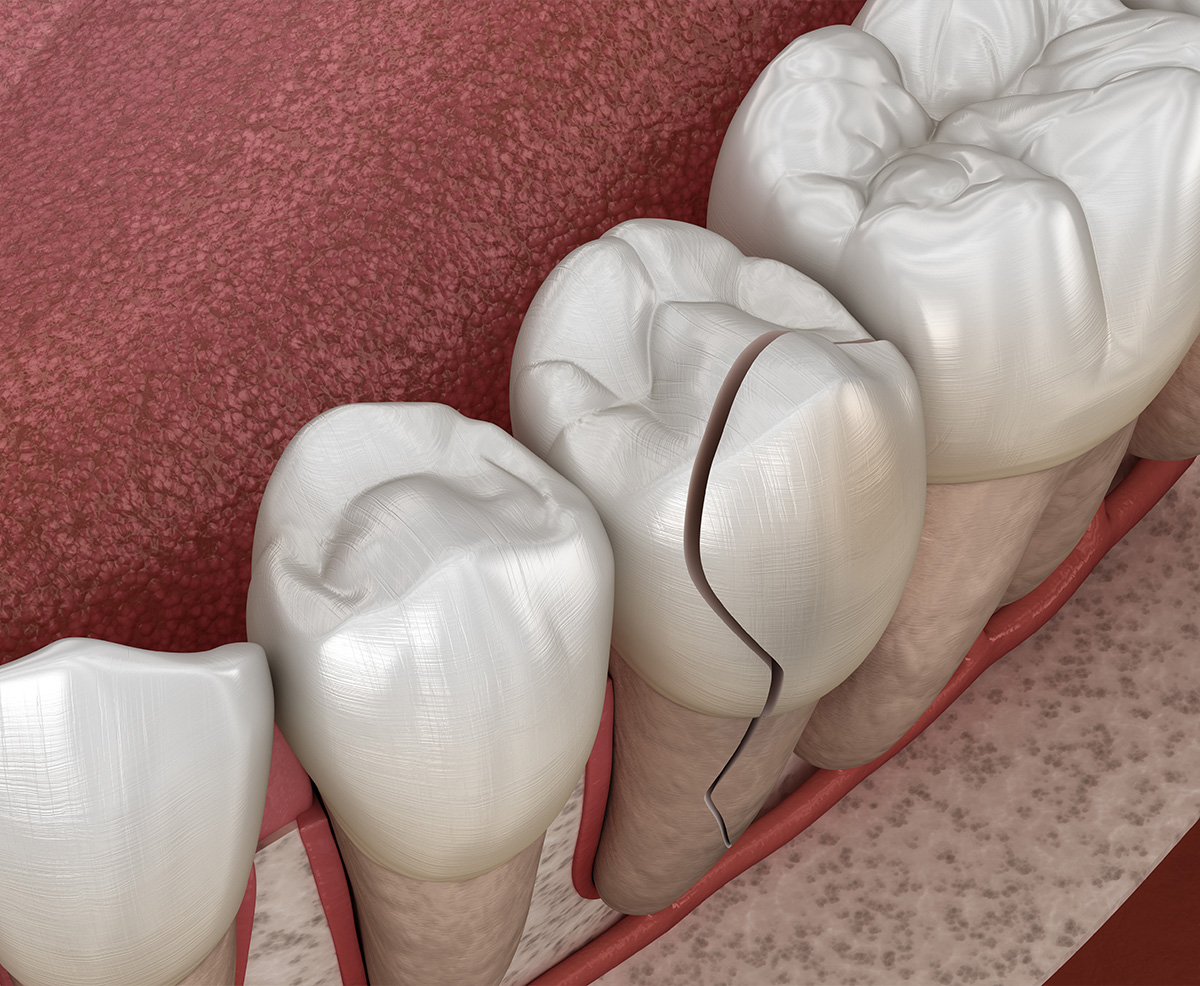
Teeth can chip or break in many ways, you can chip or break a tooth from biting into hard objects, dental trauma, sports injuries, or weakening of a tooth due to decay. A broken tooth can lead to sensitivity or pain, and the rough edge could irritate. If you chip or crack a tooth, save the broken pieces, and rinse your mouth. A cold compress can help relieve swelling if you have any. Then, schedule an appointment with your dentist to have the tooth repaired.
Knocked-out tooth
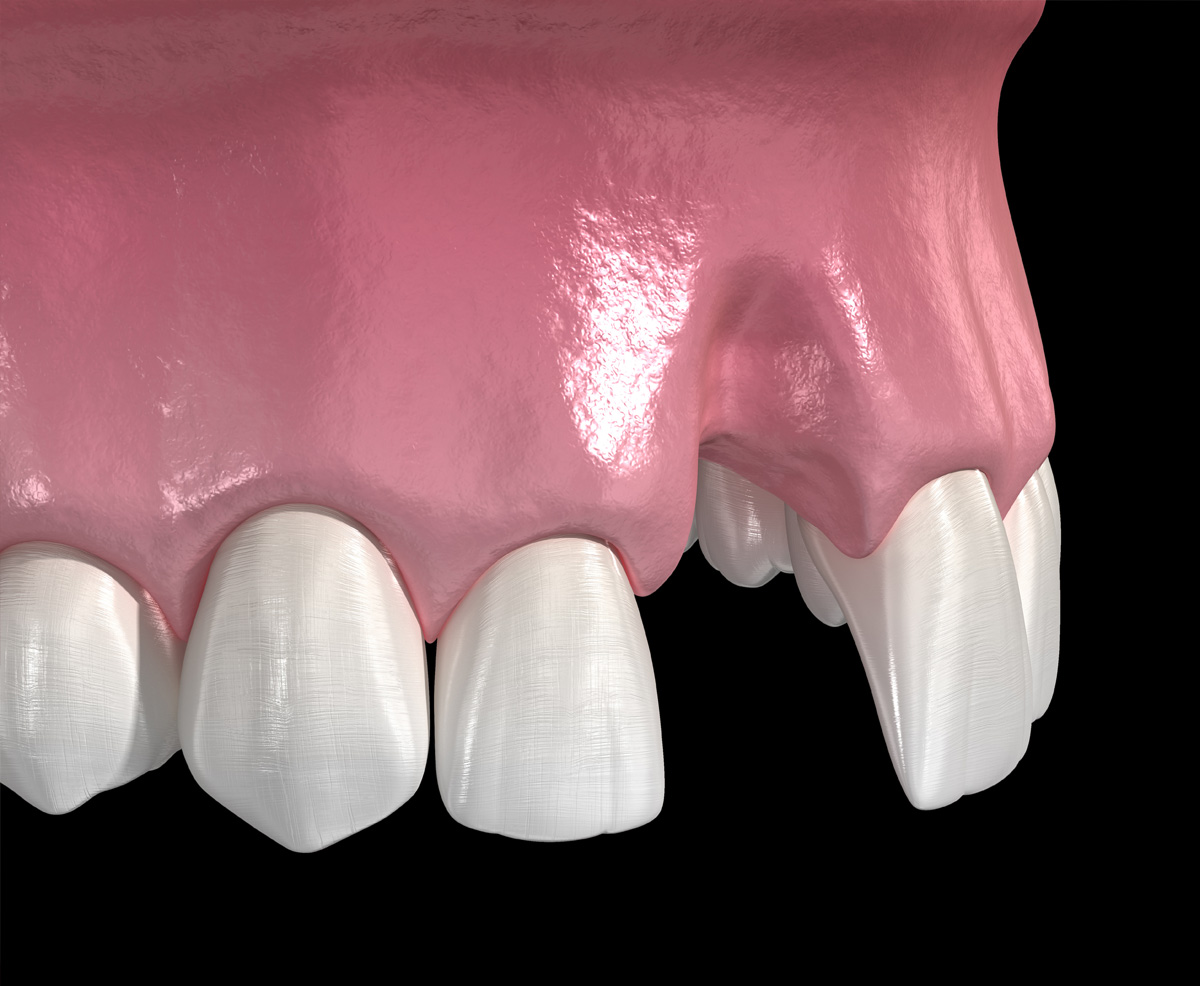
Trauma or an accident can cause a tooth to become knocked out, leading to pain and bleeding. If this happens, find the knocked-out tooth. Handling it by the crown (not the root), rinse it, and try to place it back into the tooth socket, if possible. If this isn’t possible, place the tooth in milk and seek immediate dental care. Immediate care can help preserve your tooth.
Lost crown or filling
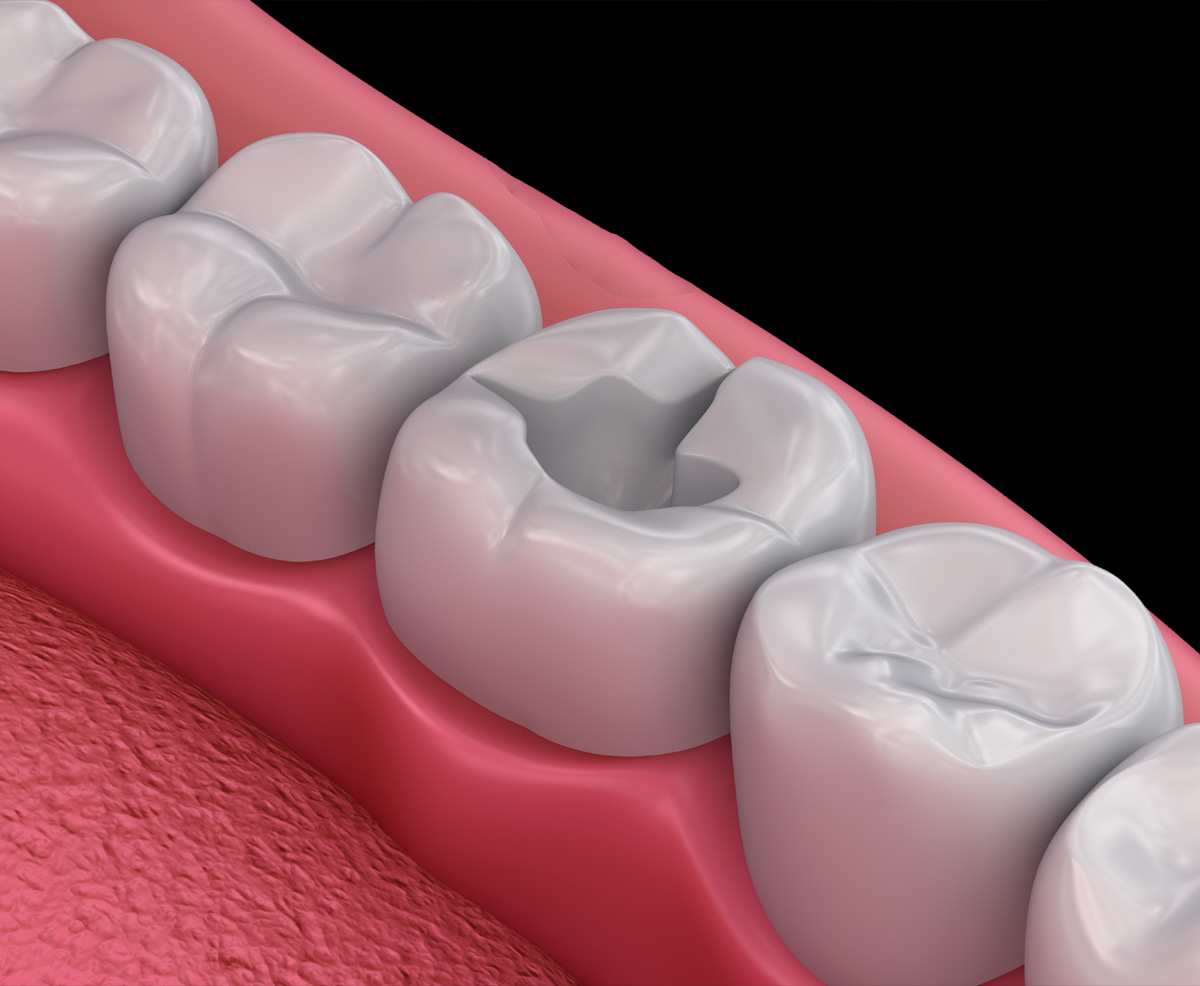
Crowns or fillings can fall out due to wear and tear or decay. This can lead to pain, sensitivity to temperature, or discomfort when eating. If your crown falls out, call your dentist to have it re-cemented. You can also use dental cement from your local pharmacy as a temporary fix.
Abscess
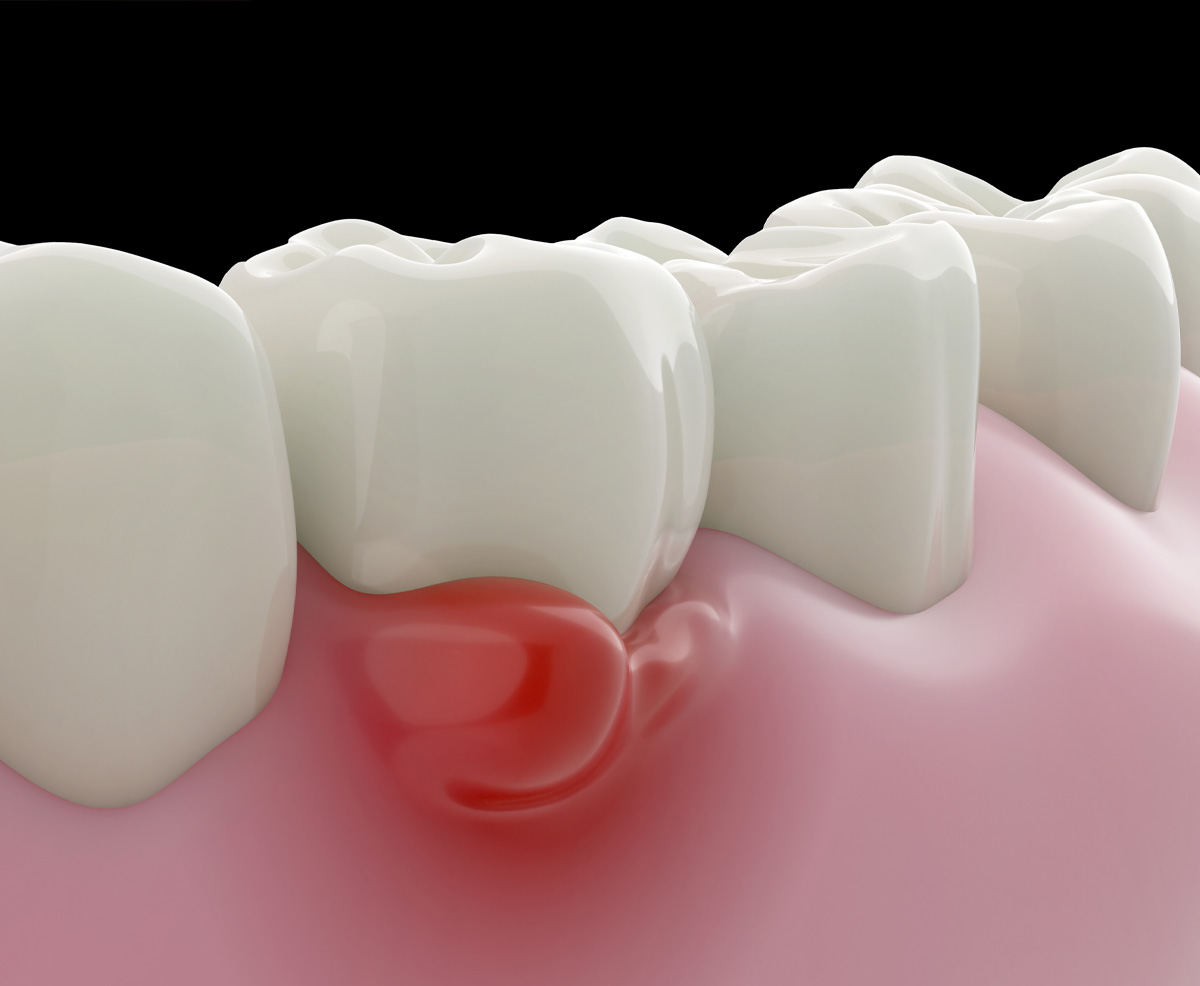
An abscess is a severe infection that can cause severe pain, swelling, fever, and a bad taste in the mouth. Abscesses require immediate dental treatment to treat. Rinsing with warm saltwater and taking ibuprofen with acetaminophen can help alleviate pain until you see your dentist.
Soft tissue injuries
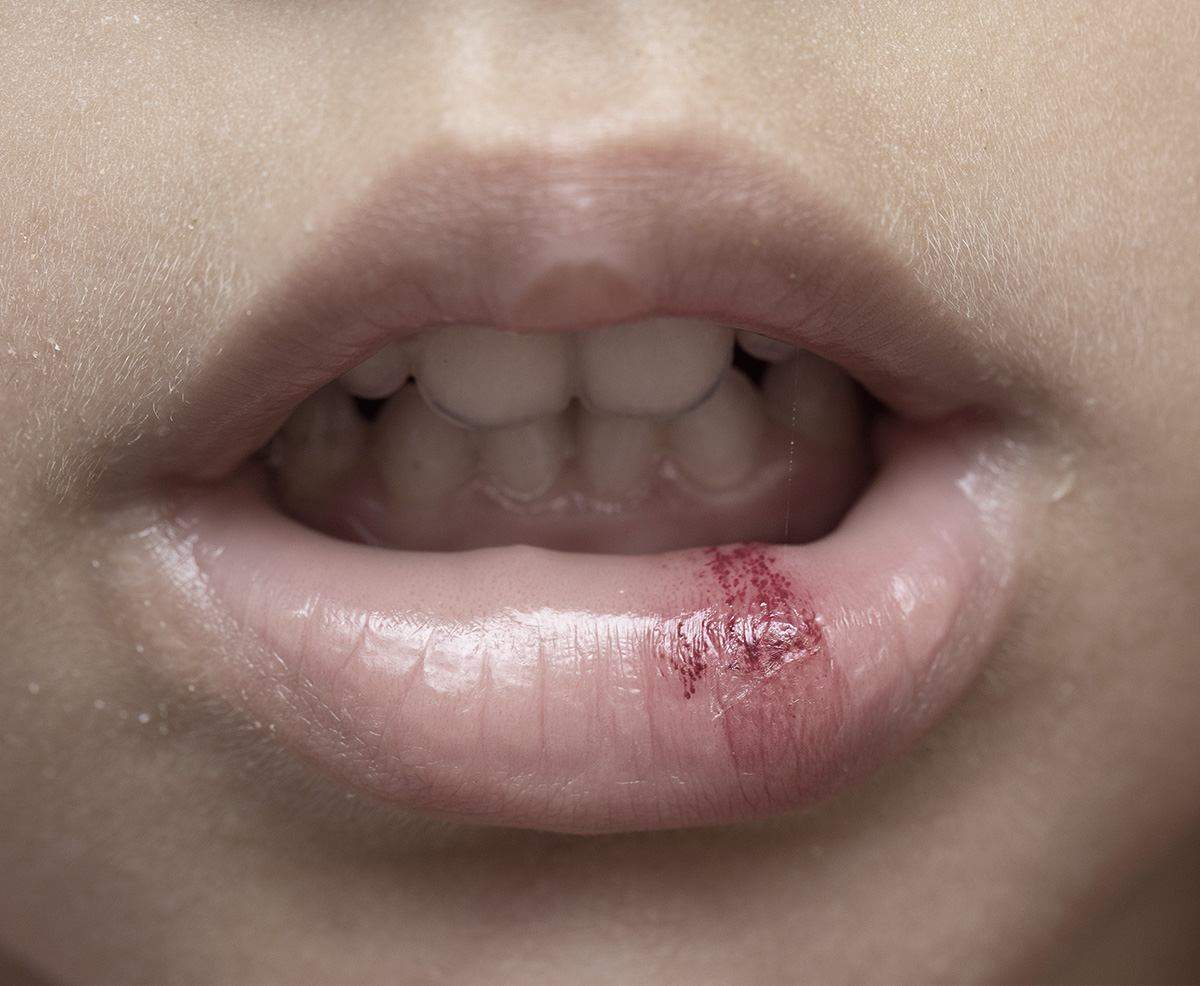
Injuries to the tongue, cheeks, lips, and gums can happen from accidents, sharp objects, or biting. Rinse your mouth with warm saltwater and apply a cold compress to reduce swelling. Gauze should be used to stop any bleeding. If bleeding doesn’t stop after 15 minutes, seek medical attention.
Bleeding or pain after an extraction
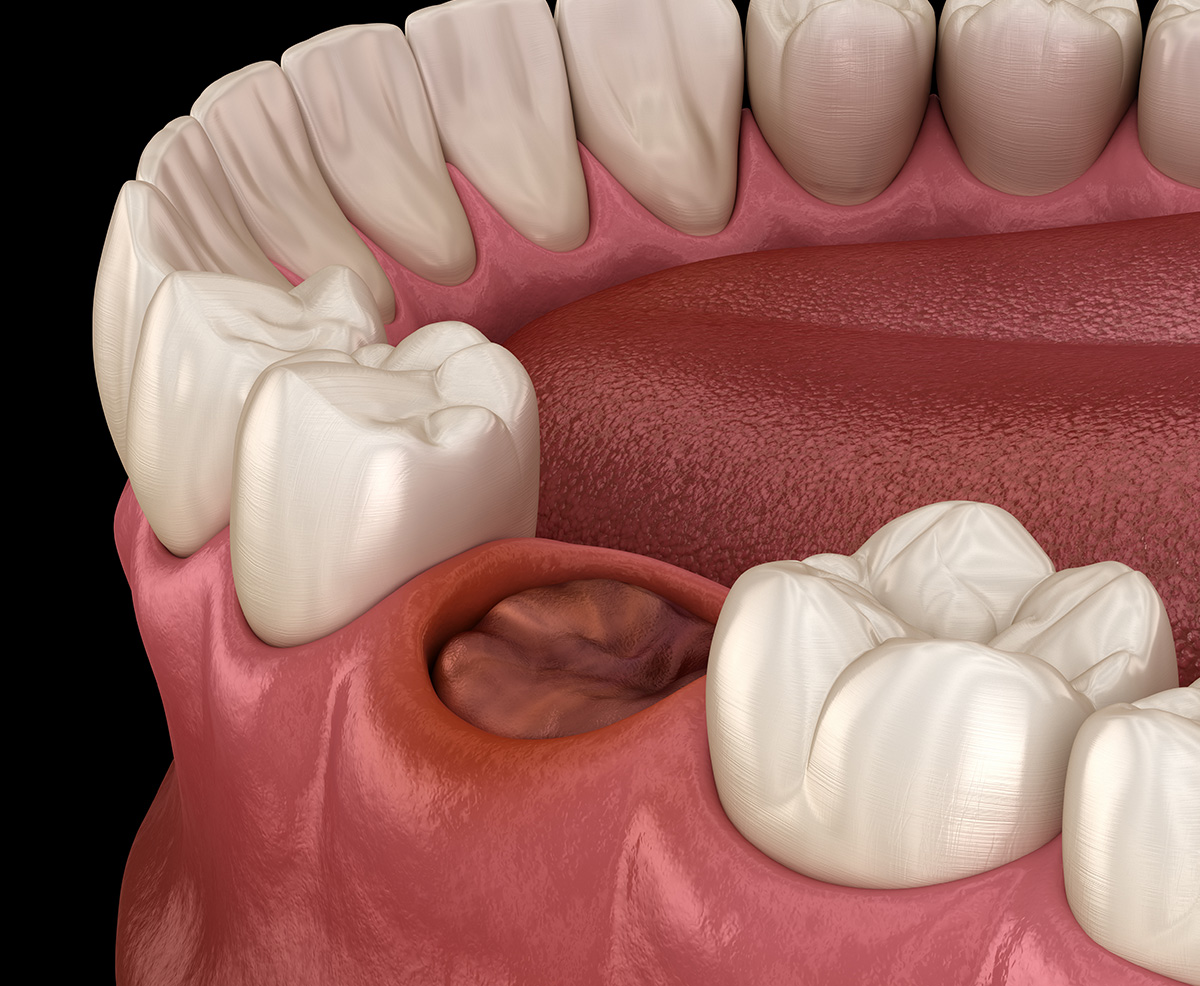
It is normal to have some pain and bleeding after an extraction. Avoid rinsing, drinking, eating, sucking, spitting, and smoking after an extraction. Use a gauze pad over the extraction site and apply pressure by biting down. A wet teabag with black or green tea can also be applied to help stop the bleeding. If pain or bleeding continue for more than an hour or worsens, call your dentist right away.
Unfortunately, you can’t anticipate an emergency. But you can be prepared by knowing what the most common dental emergencies are and how to handle them. Dr. Mark and the team at SmileCare Dental of Fitchburg are here for all your dental care needs, even the unexpected ones. Call our office at 978-345-5563 if you’re experiencing a dental emergency.

